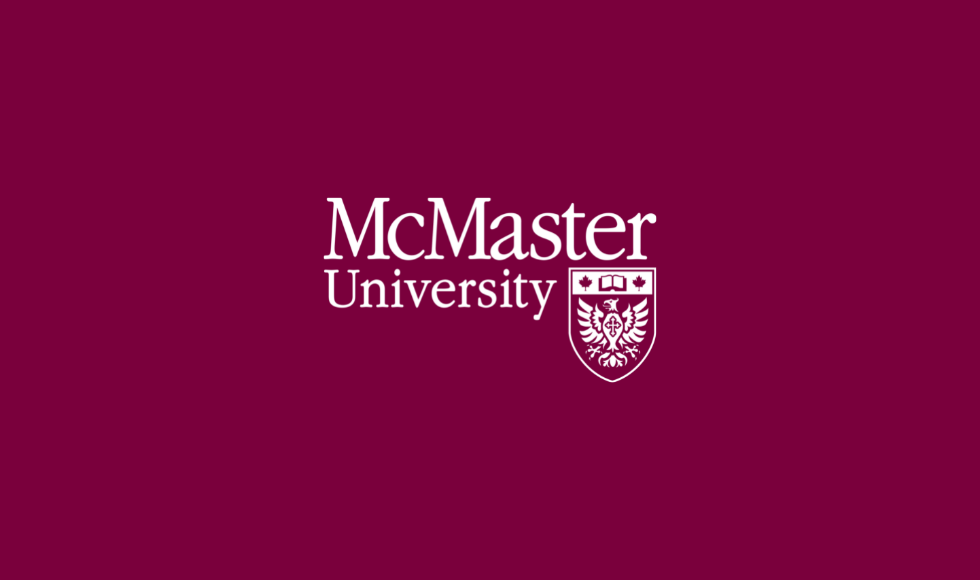Message from the President regarding McMaster encampment

Universities have a long history with protests, which, when peacefully done, reinforce and support our culture of freedom of expression.
Dear members of the McMaster community,
One of the fundamental purposes of a university is to build a community committed to freedom of expression. While the goal is to enable thoughtful exchanges to occur and different perspectives to be aired, this becomes extremely complex in situations where opinions and beliefs are diametrically opposed.
The university’s role is not to constrain free thought, censor the views and positions some choose to take, or adopt the position of one group over another. The university’s role is to provide a safe and welcoming place where free speech can occur, where researchers can pursue their academic interests, and where students can expand their understanding of the world through their studies, extracurricular activities and experiential learning.
Alongside these ideals, freedom of expression also comes with responsibilities.
Our Freedom of Expression guidance states this well:
“We support the rights and freedoms of members of our community to exchange ideas, questions and challenge received wisdom, engage in respectful and informed debate, discuss even the most potentially controversial issues, and engage in peaceful protest and dissent.
In exercising these freedoms, all members of the university community are required to respect the rights and freedoms of others and are expected to engage with one another in a spirit of mutual respect, understanding and regard for human dignity.”
The right to speak is mirrored by the right to hold dissenting views. It is also aligned with the responsibility to ensure that no activities of anyone on campus incite hate, threaten violence, endanger the safety of others or cause damage to property. The right to congregate is matched with the right of the university to ensure that the regular activities of the university can continue unhindered.
Universities have a long history with protests, which, when peacefully done, reinforce and support our culture of freedom of expression. McMaster is committed to an environment where this can be achieved within our codes of conduct and without compromising the safety and security of students, faculty and staff.
If we want to be part of a university where freedom of expression can flourish and we are free to explore and develop informed views, we each have a responsibility to safeguard these rights for every member of the McMaster community.
Sincerely,
David Farrar
President and Vice-Chancellor
–
More information on Daily News: McMaster encampment update | May 5

